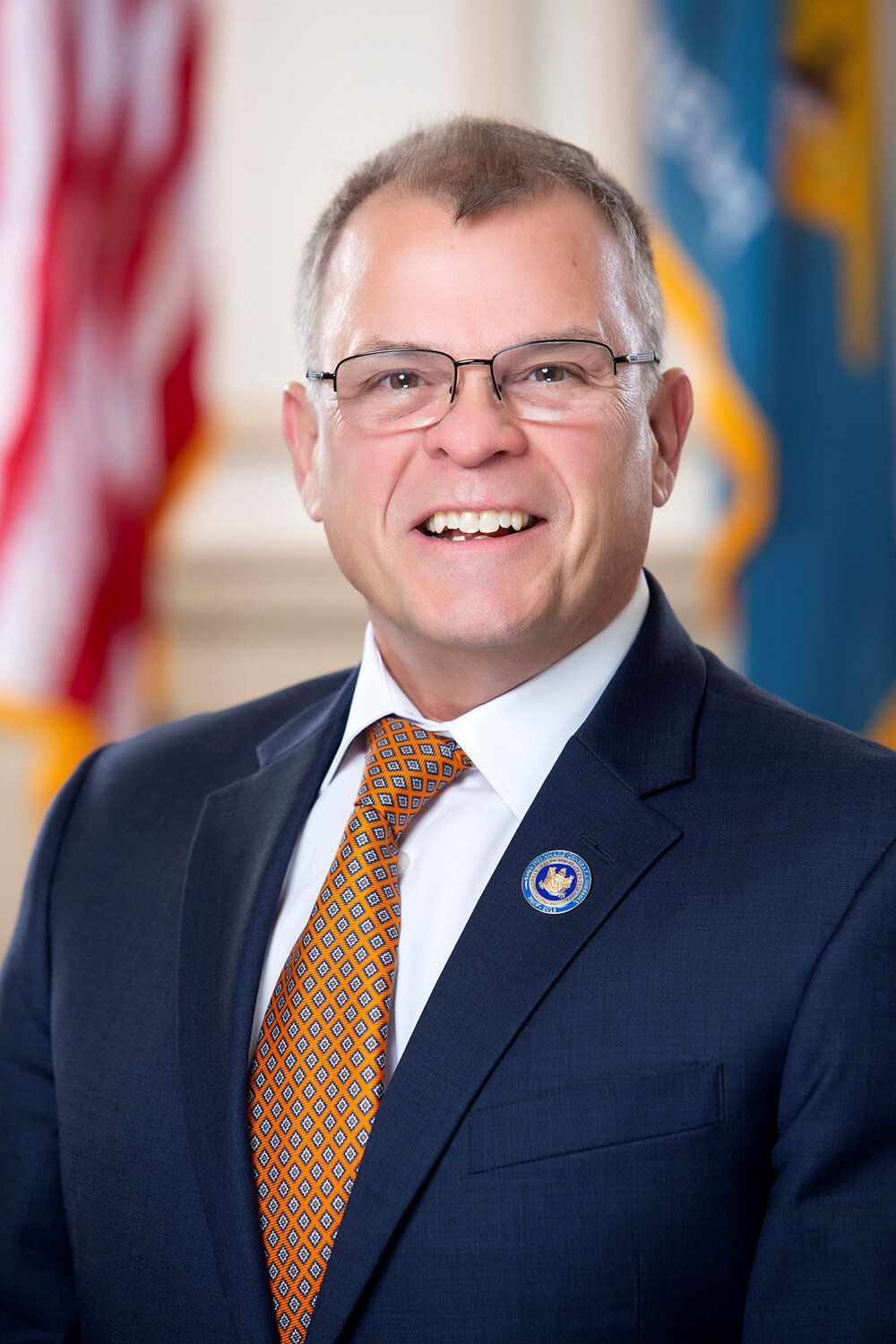Marijuana conversion license bill heads to Delaware Senate
House OKs plan allowing compassion centers to sell recreational cannabis
DOVER — Legislation that would expedite the start of Delaware’s recreational marijuana market by offering conversion licenses to existing medical cannabis facilities received passage in …

You must be a member to read this story.
Join our family of readers for as little as $5 per month and support local, unbiased journalism.
Already a member? Log in to continue. Otherwise, follow the link below to join.
Please log in to continue |
Marijuana conversion license bill heads to Delaware Senate
House OKs plan allowing compassion centers to sell recreational cannabis
DOVER — Legislation that would expedite the start of Delaware’s recreational marijuana market by offering conversion licenses to existing medical cannabis facilities received passage in the House of Representatives on Tuesday.
House Bill 408, sponsored by Rep. Ed Osienski, D-Newark, would aid the April 2025 target date for the recreational market by allowing the state’s six medical marijuana facilities to obtain licenses.
The legislation was amended twice Tuesday — first, to tighten protections for the medical industry and to increase the cost of a cultivation conversion license from $100,000 to $200,000.
During the bill’s May 23 committee hearing, Rep. Osienski estimated that the permits could generate more than $3.2 million, which would be directed to assist social equity applicants holding conditional licenses.
That social equity aspect was a key part of 2023’s Marijuana Control Act, as it assists those negatively impacted by the prohibition of cannabis who wish to enter the recreational market themselves.
“More importantly, we decided to put much stronger language in the legislation to ensure we have a healthy supply of medical marijuana for medical patients while these compassion centers are converting over to also be able to sell, grow and manufacture recreational marijuana,” Rep. Osienski said on the House floor Tuesday.
The measure’s second amendment, introduced by Rep. Sherry Dorsey Walker, D-Wilmington, made clear that funds generated by conversion licenses would be funneled to the social equity fund.
There was no debate on the legislation, though some lawmakers asked clarifying questions. They also applauded Rep. Osienski’s work to get the recreational cannabis market up and running.
As his motivation, he explained that there is no language in the Marijuana Control Act to provide a path for medical compassion centers to enter the market, even though they have been serving patients since 2011.
He also stressed that allowing these facilities to be part of the industry can peel back barriers for the market to begin, considering that new marijuana businesses will have to implement infrastructure to grow their crops, which could take up to 18 months.
“Now, we have startup funding for that; it’s one-time funding through these licensing fees, (which) will allow those that are coming in that were disproportionately affected by the prohibition on marijuana to have financial assistance, just like many of our companies and corporations throughout Delaware when they apply to expand here or move here,” Rep. Osienski said.
HB 408, as amended, would also allow these compassion centers to sell marijuana cultivated for recreational use to these new establishments, another way to ensure the market is ready by its target date.
“This will now allow our compassion centers, which already have that infrastructure up and running, to utilize that to sell product to our newly received license holders for retail and manufacture. This will give them a supply,” he said.
If the legislation does not pass, Rep. Osienski warned that the launch date could be pushed to 2026.
Meanwhile, the Office of the Marijuana Commissioner is set to adopt regulations for licensing recreational marijuana by July 11. It will begin accepting applications for recreational businesses Sept. 1, according to the agency.
Licenses will be awarded via a lottery. There are 125 available: 30 for retail, 30 for manufacturing, 60 for cultivation and five for testing.
Further, 47 of those will be on hold for social equity applicants. Recreational licenses will be awarded between Nov. 1 and March 2025.
HB 405 continues to be opposed by cannabis advocates, who testified that this mechanism provides an unfair advantage to existing compassion centers.
Nevertheless, it passed by a 29-11 vote in the House.
The proposal now heads to the Senate Judiciary Committee for consideration.


 By
By 



